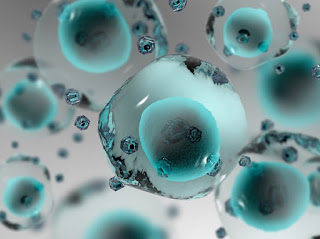Nanomedicine: The Future of Medicine
Nanomedicine is medicinal use of nanomaterials or nanoparticles, wherein they are used as a transport for drugs to deliver them to the innermost target areas that wouldn’t have gone otherwise. Nanoparticles utilized as sedatives are about 1/20th to 1/100th nanometre; however this is conditional depending on the nature of the nanoparticle used.
Nanomaterials can be designed as per the required conditions by adding functionalities by interfacing them with various bio-molecules and are used both, in vivo and in vitro research applications. This assimilation of nanomaterials with bio-molecules had been crucial in developing nano-diagnostic devices, analytical tools, contrasting agents, drug delivery vehicles and also are being used for physical therapy.
Nanomedicine has reduced the overall drug consumption and their side-effects considerably since it deposits the agent directly in the target region and precisely in the amount needed. Targeted drug delivery maximizes bioavailability over a period of time which is achieved only through molecular targeting by nano-engineered devices.
Being less invasive, the nanomedicine is being considered since the biochemical reaction times are significantly shorter with fast effects and high sensitivity when compared to regular drug delivery. The efficiency of nano-medicine drug delivery is based on:
- a) Efficient encapsulation
- b) Successful drug delivery
- c) Successful release of the drug
Applications of nanomedicine include:
Imaging, Sensing, Blood Purification, Tissue Engineering, use in medical devices, Cancer treatment, Drug Delivery, Theranostics, Magnetofection, nanorobotics, nanodentistry, nano-generators and with future prospects on nanomedicine being used for Regenerative medicine.
As with all the new and upcoming technologies, especially the ones that are used medically, there are always concerns with ethics. Nanomedicine although seems to be the future of medicine, there are always IPR and bio-ethics commissions that hinder the growth of such technologies. Public hysteria, outcry and hostility halt the development of the technology primarily due to ignorance. Since there are many unknown medical conditions, use of nanomedicine might cause unknown changes at the cellular level. Lack of proper knowledge on the effects and threats of toxicity poses serious threat to the human body.



Comments
Post a Comment